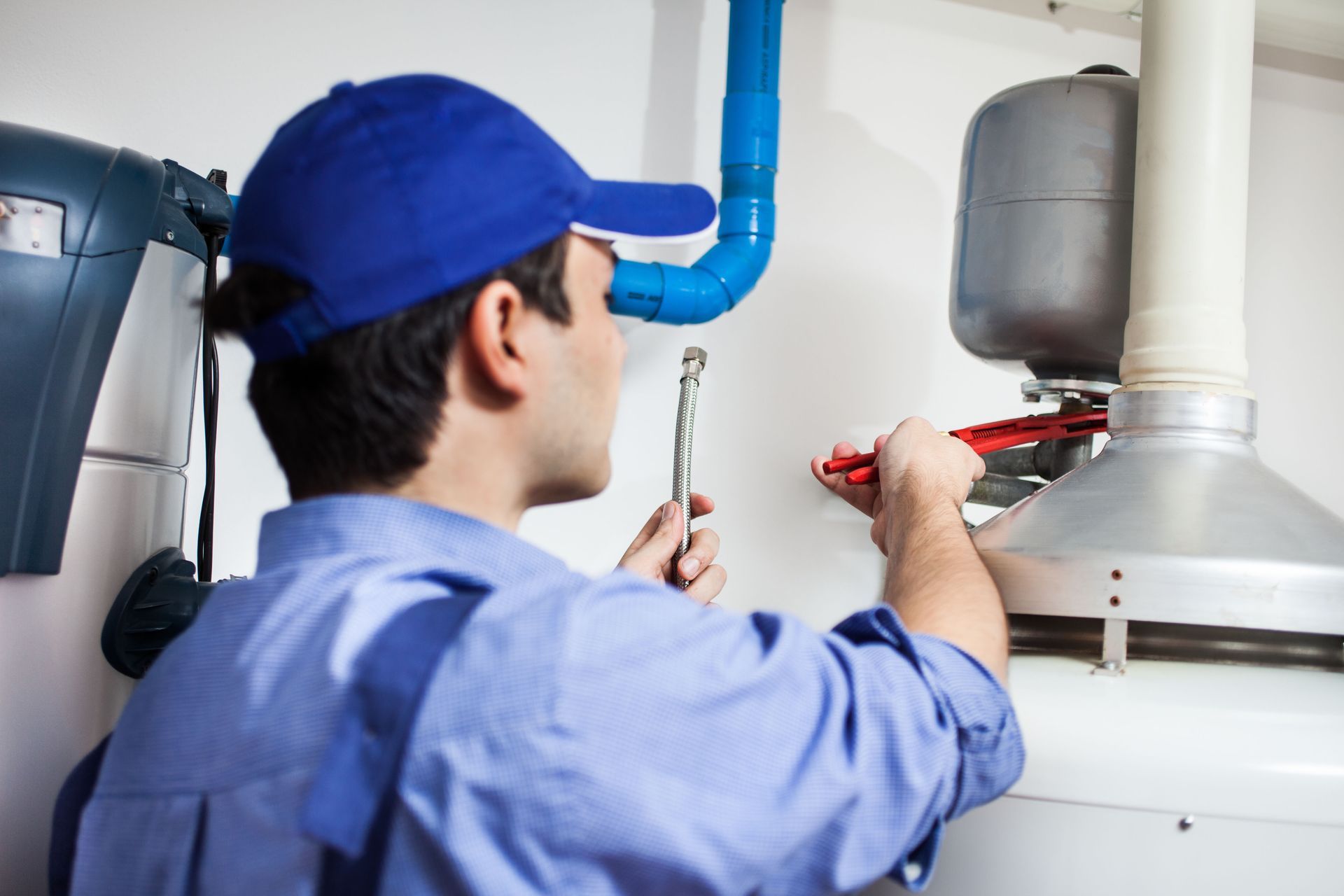When to Repair vs. Replace Your Faucet
If you've been dealing with a leaky faucet, or it's simply not functioning as it should, you may be debating whether to repair it or replace it entirely. This decision can be influenced by several factors, including the age of the faucet, the extent of the damage, and the cost associated with both options. Understanding when to repair and when to replace can save you time, effort, and money.
Consider the Age, Condition, and Lifespan of Your Faucet
First, consider the age, condition, and lifespan of your faucet. In our experience, a faucet that has served you well for over a decade may be nearing the end of its lifespan. Older faucets may have several components that are worn out, and fixing each individual part can be less cost-effective than simply replacing the entire unit. In these cases, if a repair bill begins to approach the cost of a new faucet, it might be more practical to invest in a replacement. However, in many cases, faucet repairs can restore functionality without the need for a complete upgrade.
Evaluate the Severity of the Issue
Next, evaluate the severity of the issue. Small issues, like a minor leak or a slightly clogged aerator, can often be fixed with a simple repair rather than requiring a full replacement. For example, replacing a worn washer or tightening connections might resolve the problem with minimal cost. Faucet repairs are typically an affordable solution for minor issues and can extend the life of your existing fixture. According to This Old House, the average plumbing job usually totals between $150 and $500, and a minor faucet repair will generally fall on the lower end of this spectrum.
Analyze the Cost of Repairs vs. Replacement
Cost is another critical factor to consider when deciding whether to repair or replace. If faucet repairs are needed frequently, or the faucet continues to have issues after minor fixes, the costs can quickly add up. Continual repairs might exceed the cost of installing a new, more efficient model. Take the time to calculate potential future repair costs versus the one-time expense of a new faucet to make a cost-effective decision.
In conclusion, deciding whether to repair or replace a faucet involves evaluating its age, the severity of the issue, and the potential costs involved. While minor repairs can save money in the short term, replacing an old or frequently problematic faucet could be more economical in the long run. Weighing these factors carefully can help you make the best choice for your home’s plumbing needs. Need professional faucet repairs or a full replacement? Contact Professional Plumbing & Heating Co today for expert service and reliable solutions!












Share On: